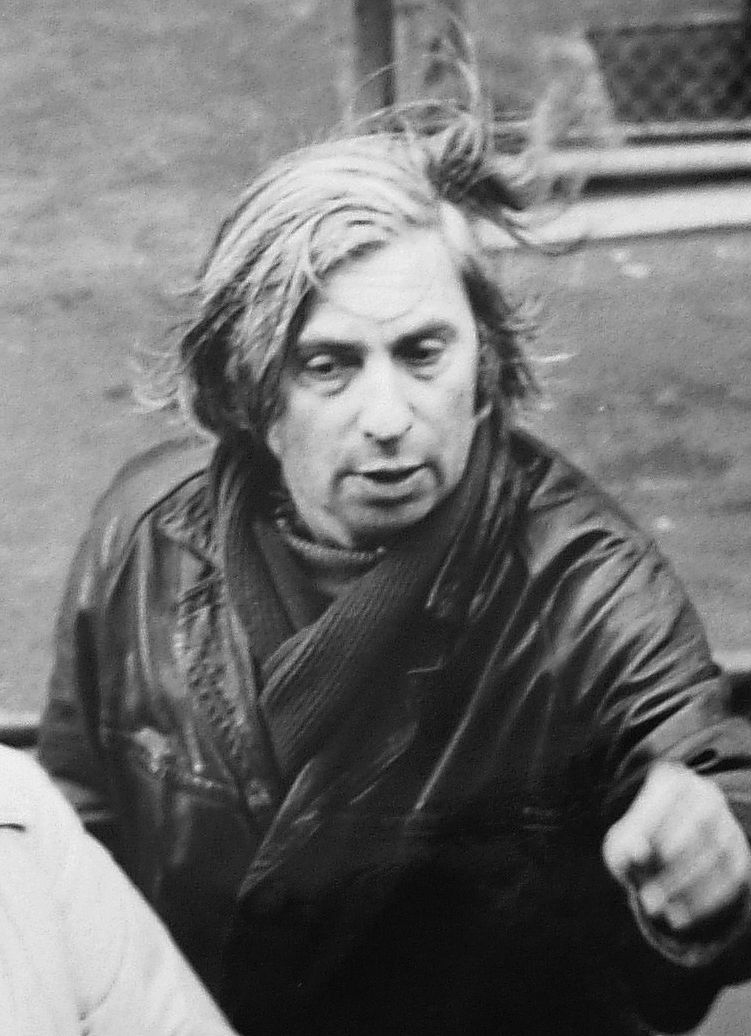The Witness
Peter Vacso
Hungary. 1969. 103 min
The film features József Pelikán as a single father who previously participated in the WW2 communist movement of Hungary, but is now working as a dike-reeve. He meets an old friend from the underground communist movement, Zoltán Dániel, now a government official who fishes at the Danube, near the dike. Dániel falls in the river, and Pelikán rescues him and invites him to his home. While the two reminisce old times at Pelikán’s home, the ÁVH suddenly appears. They received a “serious anonymous report” stating Pelikán committed an illegal act of slaughtering a pig for food. Dániel tries to save him by demonstrating to the ÁVH thugs how the loyal Pelikán hid him during the purgings years before, but he unknowingly reveals the basement, where all the pork had been hidden.
Pelikán is taken to prison though later released, on “higher command”. Comrade Virág, being unnecessarily benevolent, gives various assignments to Pelikán such as being the CEO of a swimming pool, an amusement park, and an orange research institute. Pelikán, being “ideologically under-educated”, fails magnificently in all his assignments, visiting the prison regularly, until they ultimately succeed with the orange research institute and are awarded. As it turns out, all this was arranged to force Pelikán to be the witness in a show trial against his old friend, Zoltán Dániel, who fell out of the favour of the communist regime. Pelikán is meticulously reshaped to fit the expected image of the archetypical “Hungarian worker, 1950” to be the perfect witness.
PÉTER BACSÓ

Péter Bacsó (6 January 1928 – 11 March 2009) was a Hungarian film director and screenwriter.
After high school graduation Bacsó wanted to become an actor and later a theatre director, but ultimately decided to try filmmaking. His first job in a film was as an assistant in Géza Radványi’s Valahol Európában (Somewhere in Europe) at the age of 19. He continued as a script editor and screenwriter. He graduated at the Hungarian School of Theatrical- and Film Arts in 1950. At the time he was already a familiar face in studios.
He was a successful screenwriter during the 1950s before beginning to direct films a decade later. He made his first feature film, Nyáron egyszerű in 1963. He made his most famous film, A tanú (The Witness) in 1969, but it was banned at the time and wasn’t released until 1979. The film became a cult classic in Hungary; it is a political satire about the early-1950s Communist regime.
Bacsó later continued to make mostly political and satirical films, for a wider audience. He made various genre films, trying his hand in musicals, comedies, etc. He continued filmmaking up to his later years, however his last two films were generally dismissed by critics and the public alike as badly written and low quality works. His 2001 film Hamvadó cigarettavég (Smouldering Cigarette) was a biopic of Hungarian actress and singer Katalin Karády. His 2008 film Virtually a Virgin was entered into the 30th Moscow International Film Festival.
POSTER

CONTACT
Film Archive : nagy.tamara@filmarchiv.hu

